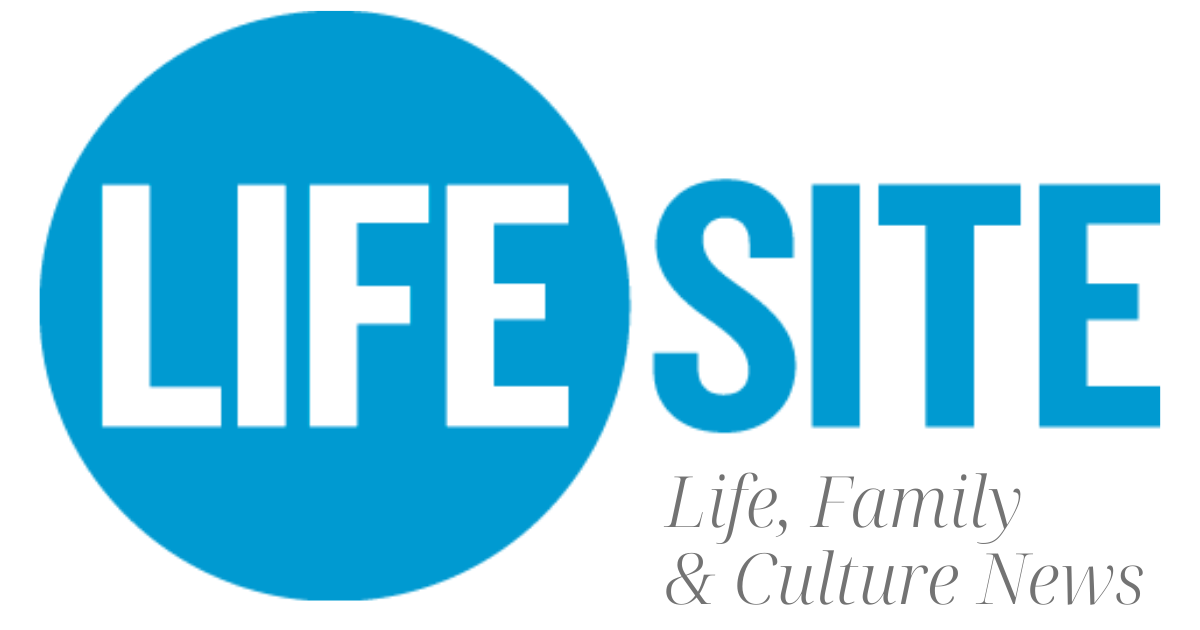
(LifeSiteNews) — Overnight summer camps for “transgender” and “non-binary” children as young as four are multiplying across the U.S., where girls and boys are lumped in the same cabins and restrooms and emerge at times with the “strong” desire to make so-called “gender-affirming changes.”
The website Gender Sexuality Info has documented a list of American camps scattered from coast to coast, as well several in Canada, that cater to “LGBTQ” youth, many of them specifically targeting “trans” and “non-binary” (those who identify as neither male nor female) youth and even excluding “gay” children.
Many of these camps operate from secret locations, as The Daily Wire has noted, for what their management describe as security reasons.
Camp Indigo, with locations in Oakland, California and Boulder, Colorado, admits “trans” and “non-binary” children as young as four, with separate facilities for ages 4 to 11 and for ages 12 to 17 groupings. Twelve-year olds are given the opportunity to join either camp “depending on maturity and interests.”
The camp explained to The Daily Wire that only campers ages 12 and older participate in activities such as “exploration of trans history and trans-focused sex education.”
A camp staff member has suggested that campers frequently emerge with the desire for “transgender” puberty blockers, cross-sex hormones or mutilating surgeries.
“It isn’t uncommon for teens (especially) to see/learn about possibilities that they hadn’t yet considered and to feel a strong need to make gender affirming changes,” the camp notes in their FAQ website section, adding that they advise that families “affirm these desires” and “show a good faith effort towards meeting those needs.”
“We really encourage avoiding statements like, ‘what if you change your mind?’ This doesn’t typically land well with our kiddos!” the webpage continues.
At least several camps openly confess to grouping boys and girls together in cabins and bathrooms independent of their “gender identity” as well as biological sex, heightening the potential for sexual encounters that are common at overnight camps.
Harbor Camps, a New Hampshire-based camp with “high demand,” shares on its website that “campers sleep in cabins (“bunks”) with others of the same age group and choose bunkmates with similar or varied gender identities.”
Camp Lilac, located at an undisclosed site in central Ohio, has noted that its restrooms “are split by age group, not gender,” but does not share how its groups campers in sleeping cabins.
The Ohio camp is among those that actively reinforce its youth’s gender “identities,” even providing “voice training” and “makeup and hair tutorials.”
One parent of a camper was quoted on its website as saying (apparently referring to a daughter), “My son has to have his defenses up and maxed all day, every day until he gets home. At camp, he’s just who he is! Unapologetically! Running around in his [chest] binder and not having to explain himself.”
Other “trans” youth camps that admit to “gender-neutral” cabins or bathrooms include Camp Outright in Vermont, which refers to its bathrooms as “gender-liberated;” Minnesota’s “Camp True Colors,” which has “gender-neutral/gender-free” cabins; Camp OUTdoors in Arizona divides its campers in cabins according to age, and not “gender identity/expression.”
Demand for such camps is increasing as numbers of youth who identify as “trans,” and “non-binary” in particular, are exploding.
In New Jersey public schools, for example, while just 16 students claimed to be “non-binary” during the 2019-2020 school year, that number rose to a staggering 675 by the 2022-2023 school year, according to New Jersey Department of Education enrollment data.
The pattern is playing out across the country to such an extent that even those who are pro-”transgender” are recognizing the influence of social media and peer trends on the sharp uptick in “trans” and “non-binary” identification.
Dr. Marci Bowers, president of the radical World Professional Association for Transgender Health (WPATH), which sets the standards of care for gender clinics nationwide, recently acknowledged that transgender identification has become trendy.
“There are people in my community who will deny that there’s any sort of ‘social contagion’ — I shouldn’t say social contagion, but at least peer influence on some of these decisions,” Bowers, a man who claims to be a woman, told The New York Times in January. “I think that’s just not recognizing human behavior.”
Research suggests that four out of five children who experience confusion about their sex outgrow it before reaching adulthood.
While transgender advocates often attempt to cite data to argue that so-called “gender-affirming care” helps reduce suicidal ideation, a 2021 JAMA study found that a 2020 correction to “the largest existing study on this subject to our knowledge” had found “no mental health benefit from gender-affirming surgery after comparison with a control group of [gender-confused] people who had not yet undergone surgery.”
In fact, according to research that surveilled actual outcomes spanning three decades, people who obtained so-called “gender-affirming surgeries” were “19 times more likely to kill themselves” than the general population.

